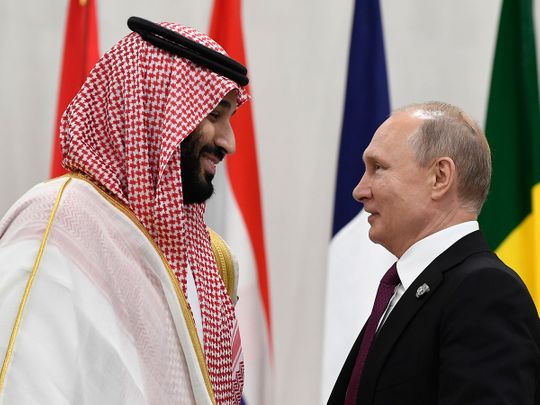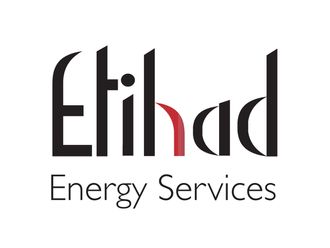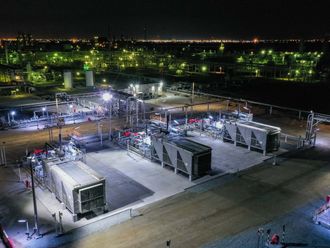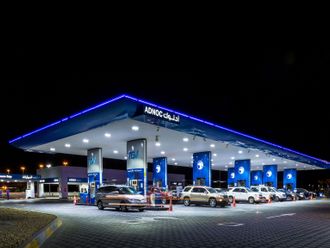
Osaka, Japan: Russian President Vladimir Putin said he agreed with Saudi Crown Prince Mohammed Bin Salman to extend the Opec+ deal at current production levels for the rest of this year and potentially into early 2020.
The comments, at the Group of 20 summit in Japan, all but make the outcome of the Opec meeting July 1-2 in Vienna a foregone conclusion, and further reinforce Putin’s role as the ultimate policymaker within the group.
Saudi Arabia and Russia ended years of animosity in 2016 to join forces to manage the global oil market in an effort to prop up prices. The current version of the deal by the group known as Opec+ calls for production cuts of 1.2 million barrels a day, which were due to expire at the end of June.
“We have agreed: we will continue our agreements,” Putin said in Osaka. “In any event, we will support the continuation of agreements — both Russia and Saudi Arabia in the volumes previously agreed,” he told reporters.
Putin said the extension could last between 6 and 9 months, marking the first time a senior leader from the group has indicated the curbs could be needed into 2020. That reflects a sombre outlook for oil supply and demand next year due to a combination of a slowing global economy and rising US shale output.
Trade deal
The Russia-Saudi deal followed an agreement made earlier in Osaka between the US and Chinese presidents to restart trade talks and comments by Donald Trump that he wouldn’t put new duties on Beijing.
“The Saudi-Russia deal, combined with a positive outcome from the US-China trade talks at the G20, should allow oil prices to move higher,” said Amrita Sen, chief oil analyst at consultant Energy Aspects Ltd in London.
The Opec+ deal has a mixed track record of supporting oil prices, in part because some members have a times over-produced. Since Russia and Saudi Arabia came together to manage the oil market in late 2016, global benchmark Brent crude has oscillated between $45 and $85 a barrel. On Friday, Brent futures for September closed at $64.74 a barrel.
For Moscow, extending the curbs by nine months has an extra incentive, as Russian companies struggle to raise production over the winter months. By extending the deal into 2020, Russia could be in a better position to pump more during the spring of next year.
The current deal removed 1.2 million barrels a day of Opec+ production, helping to send oil prices higher. The group has reduced output by far more than it agreed, however, due to the impact of US sanctions on Iranian and Venezuelan output. What’s more, Saudi Arabia unilaterally lowered production below its official Opec+ target, pumping 9.7 million barrels a day in May, compared with a ceiling of 10.3 million.
The verbal agreement between Putin and Prince Mohammad at the G20 further highlights the importance of the gathering as a key policy-making forum for oil and Opec watchers. Last year, Putin and Prince Mohammad used the summit in Buenos Aires to give their political backing to extend the Opec+ deal into the first half of 2019. Only a few days later, with clear instructions from their leaders, respective oil ministers met and agreed the details of production cuts.
The G20 in 2016 in Hangzhou, China, also proved pivotal for the oil market, with Putin and the Saudi crown prince coming together to end years of animosity between the world’s top two oil exporters. Since that meeting, the two nations have cooperated on oil-output policy as de facto leaders of the Opec+ coalition that includes all the members of Opec plus a handful of independent producers, including Mexico, Azerbaijan and Kazakhstan.
As further proof of the importance of G20 talks for the Opec talks, Saudi Arabia and Russia recently lobbied fellow Opec+ nations to reschedule their Vienna meeting, shifting it by a few days so oil ministers will gather just after Putin’s sit-down with the crown prince, rather than before as originally planned. Opec+ will meet in the Austrian capital on July 1-2, rather than on June 25-26 as initially scheduled.












